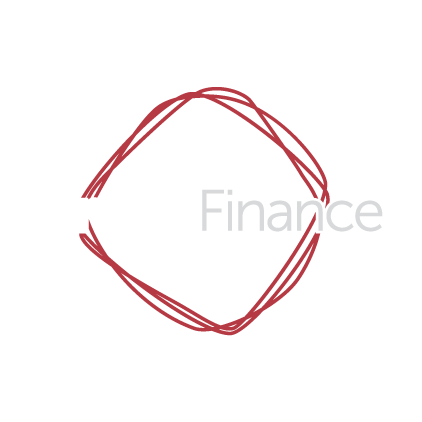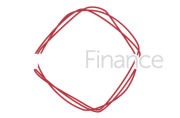In the wake of recent interest rate fluctuations and with approximately half of all fixed-rate loans approaching expiration this year, the concept of refinancing is commanding the attention of many. This trend is hardly surprising, especially when some individuals facing the conclusion of their fixed-rate term are bracing for an alarming 63% surge in their monthly mortgage payments.
If you find yourself in this predicament, you might be contemplating the costs associated with refinancing. Allow us to demystify the financial landscape by dissecting some of the typical expenses involved.
Essential Considerations in Refinancing
1. Mortgage Application Fee
For those transitioning to a new lender, a mortgage application or establishment fee typically comes into play. This charge encompasses the expenses incurred by your new lender in processing your application.
This upfront cost varies, usually falling within the range of $200 to $1000, contingent on the lender and loan type. The fee may or may not encompass a valuation fee.
2. Loan Discharge Fee
Parting ways with your current lender will often involve a discharge fee, compensating for the administrative intricacies tied to terminating your existing mortgage.
Typically, loan discharge fees hover between $200 and $400. However, they can escalate to $1000.
3. Property Valuation Fee
Your new lender may necessitate a property valuation as part of your refinancing evaluation. The cost hinges on the lender and the property’s location – anticipate higher costs for rural properties.
Valuation fees span $200 to $600 in urban areas and $600 to $1000 in rural locales. Some lenders offer complimentary property valuations.
4. Break Fees
For those on fixed-rate loans, the possibility of break fees arises when exiting prematurely. Calculating break costs can be intricate and costly.
To grasp the concept of break costs, the simplest approach is to consult your current lender for a comprehensive explanation.
5. Settlement Fee
Recall the settlement fee paid when you initially acquired your loan? Should you opt for refinancing, this fee reemerges.
Settlement fees, facilitating the loan’s settlement process, generally range from $100 to $400.
6. Mortgage Registration Fees
Your state or territory’s land registry necessitates a mortgage registration fee for documenting your mortgage on the property’s title record.
These fees can span anywhere from $120 to $210.
7. Exit Fees
Individuals with loans originated before July 1, 2011, might encounter early exit fees from their lender. Direct communication with the lender can provide clarity.
The Potential Savings from Refinancing While the above-mentioned costs might appear daunting, it’s crucial to factor in the long-term benefits of refinancing.
The potential savings from refinancing hinge on your mortgage’s size, remaining term, the disparity in the new interest rate, and the presence of interest-saving features.
Illustrative Refinancing Scenario:
As an owner-occupier, your current loan balance is $450,000. With an interest rate of 6.5% p.a. and 25 years left on the term, a switch to a loan with a 5.1% interest rate could potentially save you up to $114,448 over the course of the loan.
Curious to Explore Your Alternatives? In my role as your finance broker, I can guide you through the decision-making process regarding the appropriateness of refinancing within the current economic landscape. Together, we can evaluate the trade-offs between costs and benefits, considering whether a different loan aligns better with your financial situation and goals. Don’t hesitate to reach out – let’s connect today.







































